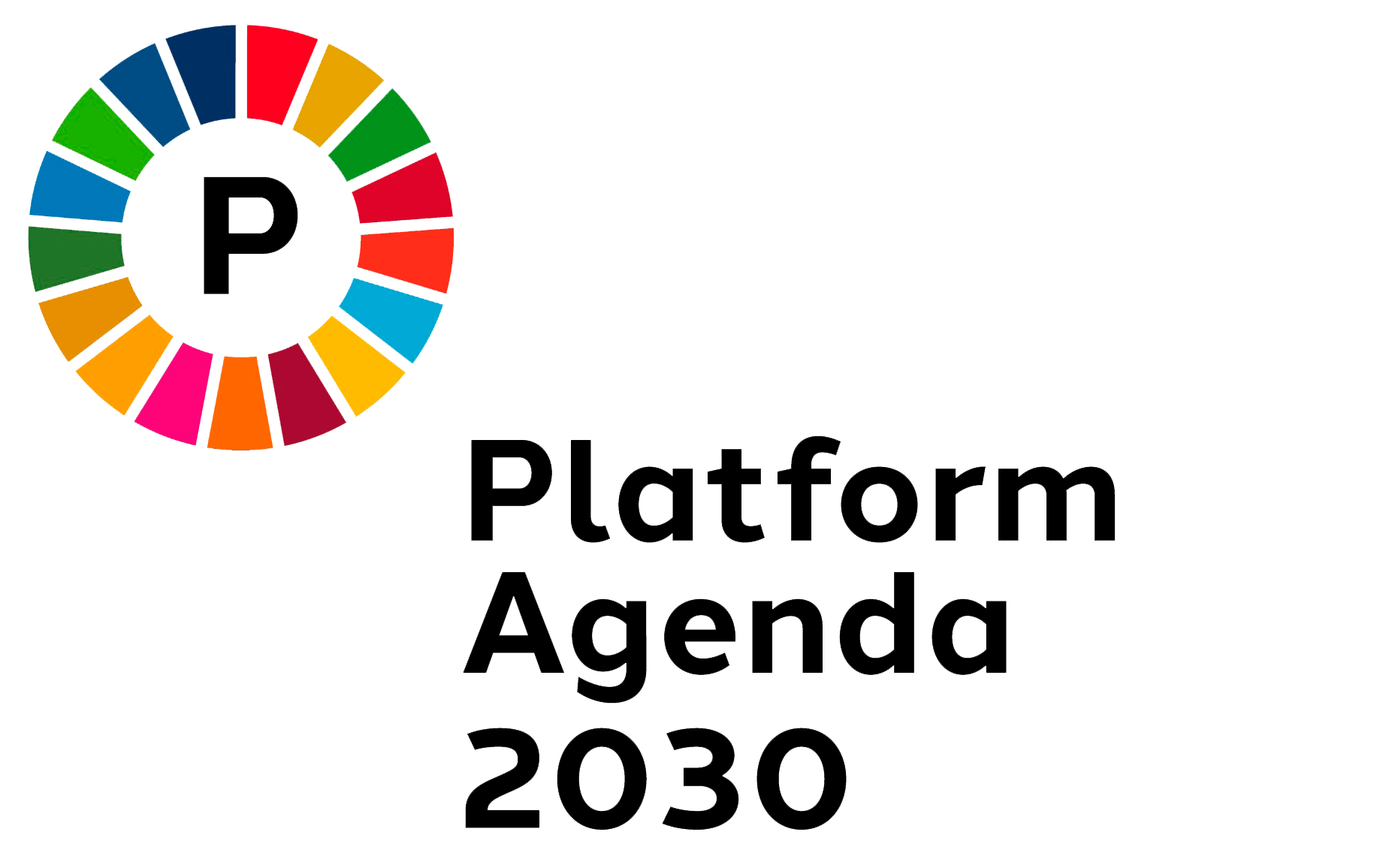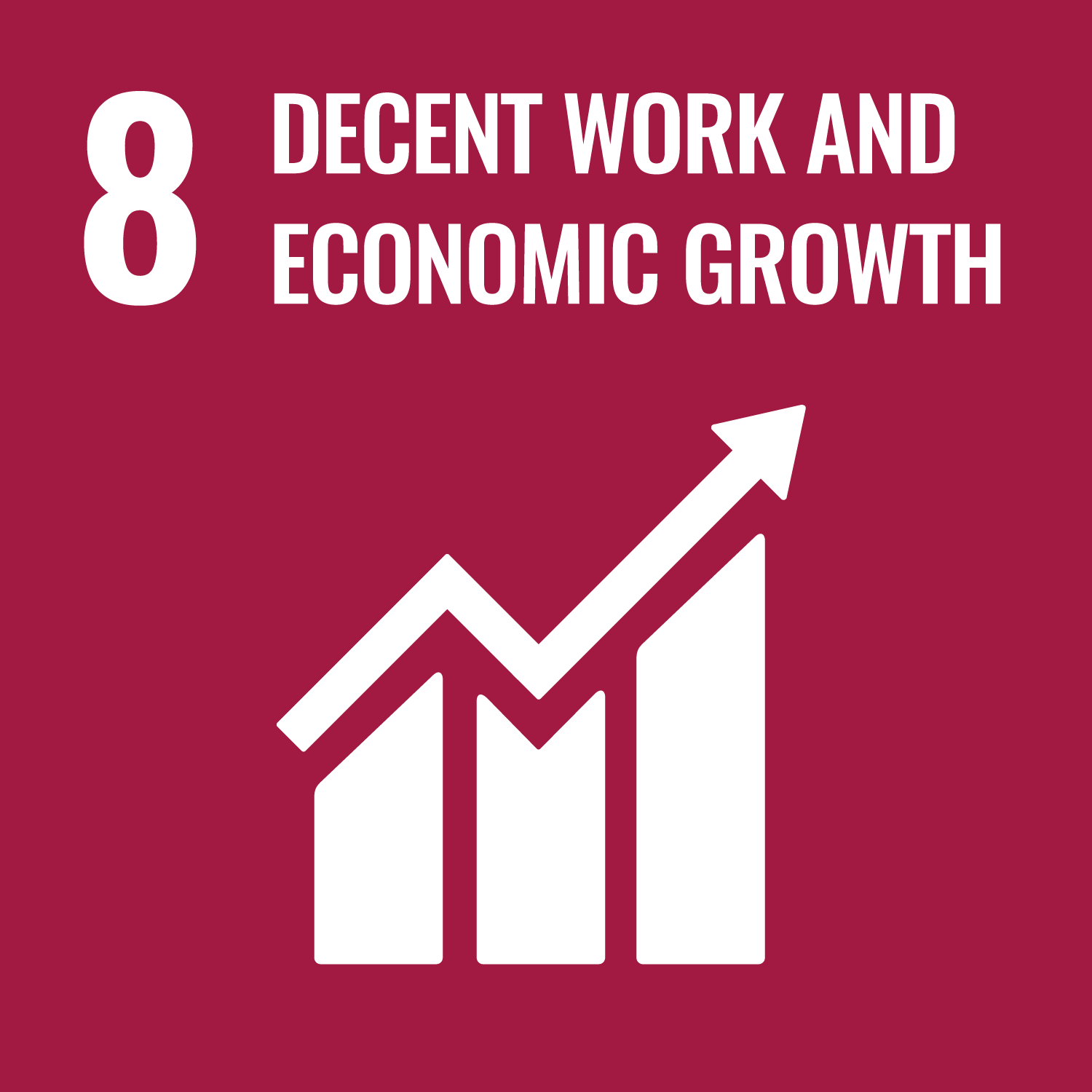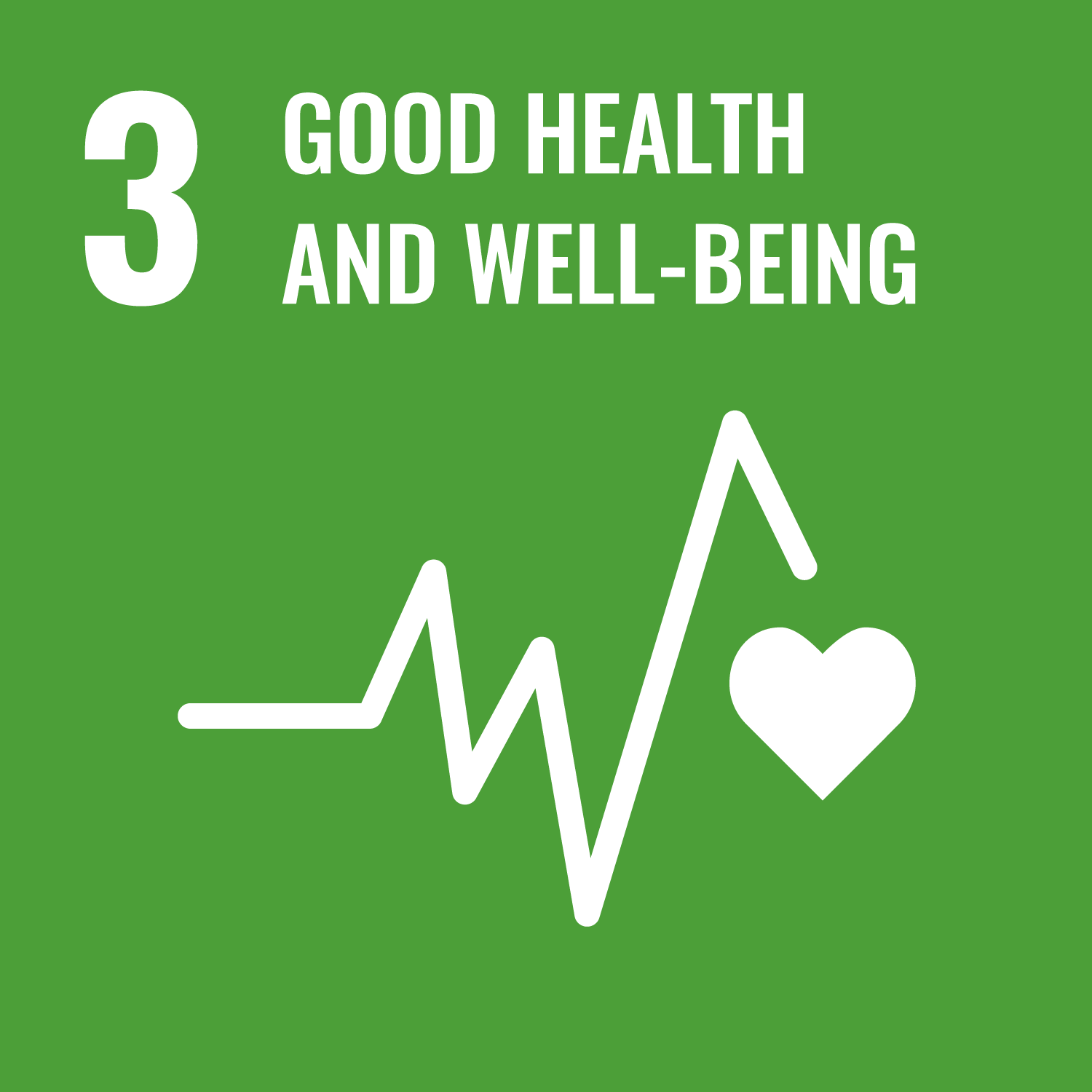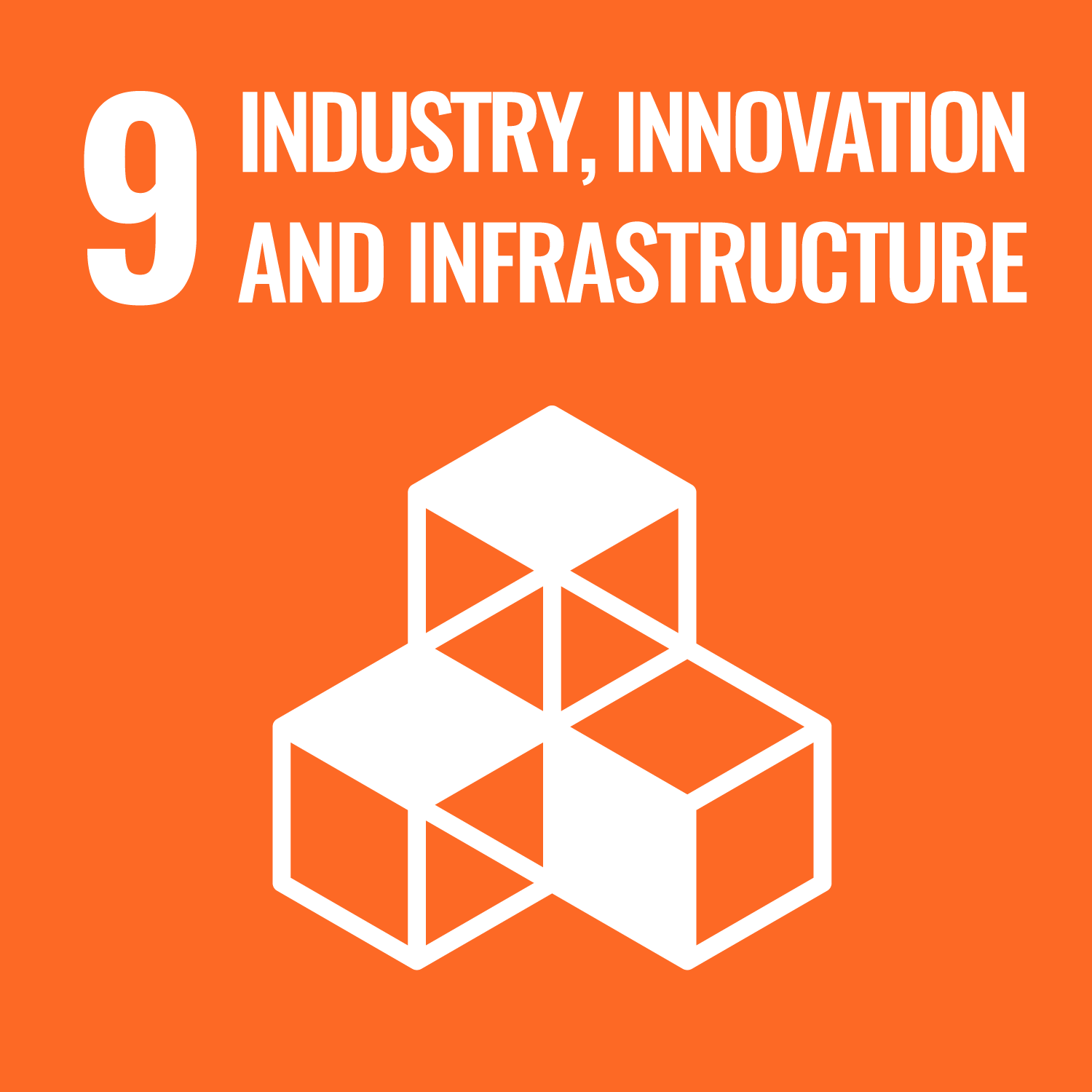Participatory sustainable food systems
Our current food system causes inequalities in other countries. The world produces enough calories to sustain even a growing global population, but much of this food is denied to starving peoples and exported instead in the form of animal feed, bioenergy or industrial raw material.
The way to eliminate these inequalities is to improve smallholder incomes. Many farms are also fighting for survival in Switzerland. Agroecology offers a tried-and-tested solution here. It protects both biodiversity and ecosystem health, while improving farmers’ everyday lives and strengthening not just their legal position but their say in how land is managed. The Federal Council now supports agroecology as an effective approach.
Swiss trade policy makes it more difficult for partner countries to establish sustainable food systems. Although the free trade agreement with Indonesia included binding sustainability criteria for the first time in response to enormous pressure from civil society, the agreement with the Mercosur bloc – currently in the final stage of negotiations – provides only for informal dialogue on sustainability. In its bilateral trade treaties Switzerland insists that seeds be subject to strict intellectual property rules. This effectively forces partner countries to violate farmers’ rights to seed, even though broad agricultural seed schemes actually ensure food security and biodiversity. These must be recognised and strengthened for the future.
Parliament has suspended consultations on the Federal Council’s draft new agricultural policy, known as AP22+. This setback is also an opportunity, however. Switzerland can begin again on a broader, 2030 Agenda-focused basis that includes a comprehensive food policy.
- With the inclusion of food system stakeholders, the federal government draws up a transformative policy on food that defines interim targets, action, and resources.
- At both national and international levels Switzerland pursues an agroecological approach in accordance with the FAO definition. In doing so it prioritises the political and socioeconomic aspects of participation and farmers’ rights. It rejects any ‘sustainable’ or ‘environmental’ intensification or calls to use genetically modified organisms.
- Switzerland reduces its dependence on imported inputs such as feedstuffs and mineral fertilizers. It promotes site-adapted farming.
- The federal government and the cantons encourage sustainable eating habits, specifically a low-meat diet. Public-sector canteens lead by good example. Official support for the sale of animal products is halted.
- The federal government and the cantons fulfil their obligations under the Convention on Biological Diversity and abolish subsidies and incentives that harm biodiversity.
- Future bilateral trade agreements contain binding sustainability criteria. However, they deliberately do not stipulate how partner countries should govern intellectual property in relation to seed, and in particular how specific varieties are protected.
In collaboration with Daniel Langmeier, Biovision, Friedrich Wulf, Pro Natura, Simon Degelo, Swissaid
Report as PDF
- Policy Brief: Agenda 2030 and food systems (German, French and Italian)
- FAO, IFAD, UNICEF, WFP and WHO. The State of Food Security and Nutrition in the World 2021. Transforming food systems for food security, improved nutrition and affordable healthy diets for all. Rome, FAO. 2021.












